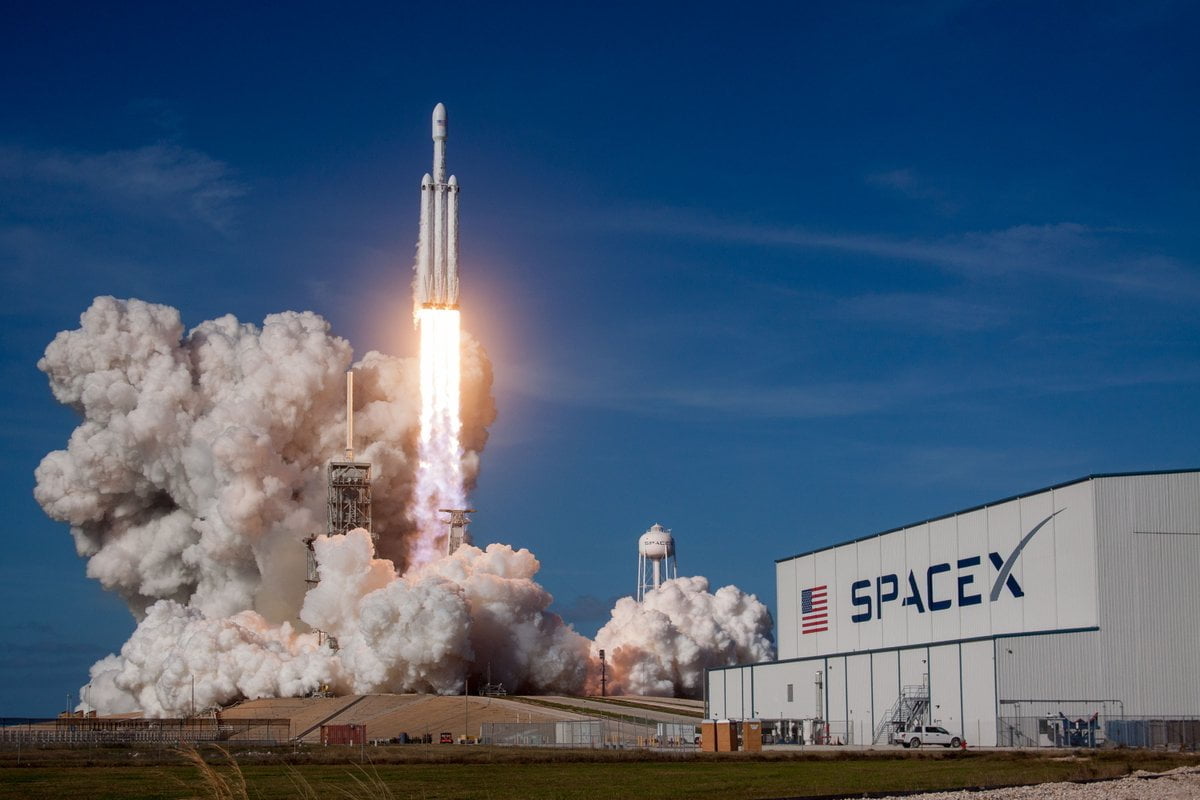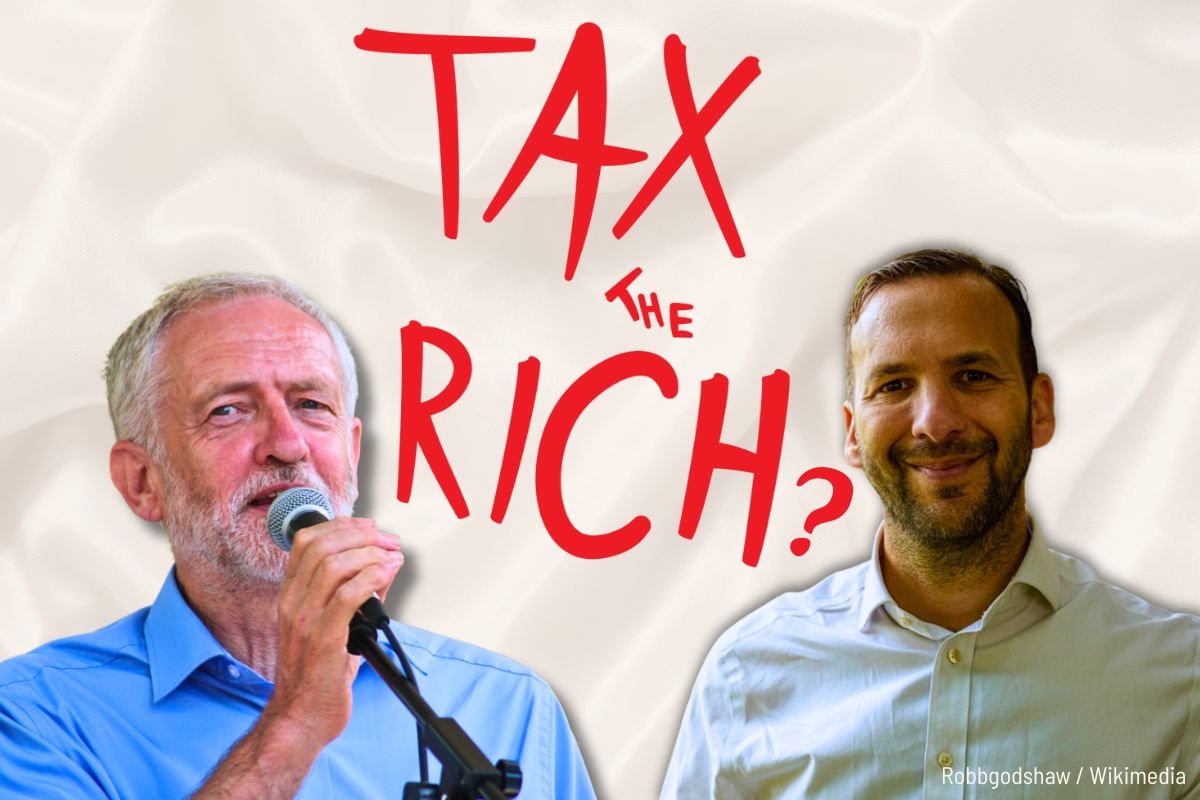Billionaire Elon Musk hit the headlines earlier this month with the launch of his company’s Falcon Heavy rocket. But this “proof of private sector efficiency” is in fact another demonstration of how parasitic the profit system is.
Earlier this month, SpaceX’s Falcon Heavy rocket was successfully launched into space. In the midst of all the media hype, however, some interesting facts have passed without comment.
The Falcon Heavy is the largest rocket to ever be launched into outer space. The launch was intended as a dummy run to show what the private company could do. SpaceX and its owner Elon Musk gained significant publicity by sticking a $200,000 Tesla Roadster car (produced by another of Musk’s companies) in the rocket, complete with robot driver.
Amongst all of this, the question nobody seemed interested in asking was: where did the money come from?
Feeding off the taxpayer
 SpaceX was founded by the billionaire Musk to demonstrate that private firms could be more efficient than the public sector in the field of space technology. But far from being a great example of what so-called free enterprise can do, the Falcon Heavy launch came on the back of huge public funding, both direct and indirect.
SpaceX was founded by the billionaire Musk to demonstrate that private firms could be more efficient than the public sector in the field of space technology. But far from being a great example of what so-called free enterprise can do, the Falcon Heavy launch came on the back of huge public funding, both direct and indirect.
After the ending of the Space Shuttle programme in 2011, the US was left totally reliant on the Russians for launches. To resolve this, the US government splashed out $6.8 billion in initial funding to Boeing and SpaceX to provide a homegrown alternative by 2017 – a deadline which they all missed.
And that was just the direct funding. A recent article by Rohan Silva in the Evening Standard notes that SpaceX also benefited from “decades of US government spending in space technology – adding up to more than a trillion dollars.
“This meant that when Musk wanted to start a rocket company, he could hire hundreds of highly-experienced engineers and build on all the state-funded work that came before.”
The same article also notes that Tesla – for good measure – also benefited from state funding, with a controversial state loan of $465 million, granted by President Obama.
In reality, the whole US space programme acted as a huge source of funding for a vast array of private companies. All of these have made billions in profits at the expense of the US taxpayer. Many of these companies have also picked up lucrative contracts from the US military complex.
The same applies elsewhere. In Britain, a huge number of contractors and companies feed off state funding for the UK arms industry, including the billions spent on our nuclear deterrent.
We have also seen the ongoing scandal of the outsourcing industry, with Carillion pocketing hundreds of millions in state funding before handing it (and more) on to company bosses and shareholders. Capita is another example of huge private firms feeding off the public purse.
Far from being ‘risk takers’, the capitalists are happiest when they can get us to take the risk for them. Under successive governments, both here and elsewhere, this is what they have all been doing across the board.
SpaceX now talk grandly about launching ever-larger rockets and going to Mars. But unless state funding is forthcoming for these vanity projects, Musk’s firm will just stick to launches of profitable commercial payloads.
Stuck on the launchpad
Fifty years this May, Stanley Kubrick’s masterwork 2001: A Space Odyssey hit the big screen. It depicted an expected time of space exploration to the planets and beyond. In 2018, thanks to the crumbling state of capitalism here on earth, that vision is further away than ever.
Capitalism shapes technology for profit, not to benefit humanity. They can send a flashy car hurtling into the heavens, but do nothing about poverty, hunger and deprivation. Only when public cash is made available do they try anything different. And even then the ultimate aim is still to benefit them, not us.
Rather than giving these ‘entrepreneurs’ tons of cash to boost profits, we should take their parasitic companies into public ownership. Under a socialist plan of production, the wealth and technology in society would work for us, not the rich few.






